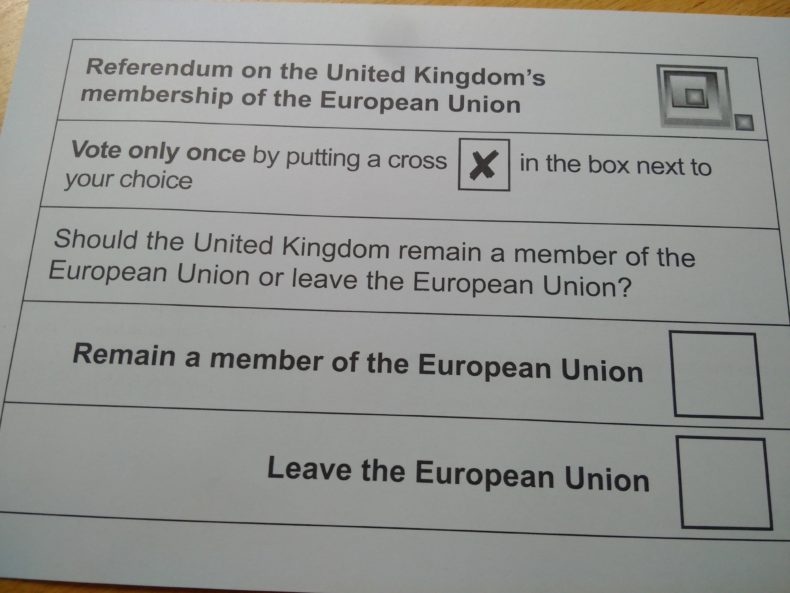More cheer and two reasons for caution for pro-Europeans in latest polling

The trends in polling on the European Union continue:
A recent BMG poll on behalf of The Independent shows that 48% of the public now support a public vote on the terms of the Government’s Brexit deal. The results represent a small increase in support from last month, up four points.
The exact wording of questions matters greatly on the topic of another / second / third / first referendum on the deal as it produced substantive differences in the results. The key thing to track, therefore, is how the answers are changing between different times that the exact same question wording is used.
This BMG poll adds to the picture from other polling with other question wording: a clear overall trend in favour of giving the public a(nother) vote.
That trend may cheer pro-Europeans, though two caveats are worth emphasising. One is that even much larger trends than the one we’ve seen so far can go into reverse. The other is that political pressure to secure such a vote will be much increased if there is a significant shift in opinion amongst those who voted Leave. So far, the evidence is that is only happening on a small scale.
That is always worth remembering when Remainers lapse into language that can look insulting or dismissive about people who voted Leave. They, along with non-voters, need to be won over to win the battle of Europe. Insults are rarely a good prelude to conversion as this tweet highlights:
As a voting young person, seeing older people on the FBPE community ridiculing young people for not voting is just pushing me away from being involved in pro-European stuff. It feels like it's a club for 40+ year olds that I am definitely not welcome to join.
— Laura 🐰🐰 (@laurabunbun) August 15, 2018
On the question of the wording of another referendum, it could be a question of whether you accept the deal negotiated. A second option would be if you prefer remaining, leaving without a deal or the deal on offer. If there is no deal, then it becomes easier between no deal or remain on the present terms. There could be a two vote situation where if the present deal is rejected, then there is the binary choice of no deal or remain. That would be the logical sequence though expensive and time consuming.
Of course, Theresa May might resign if her deal is rejected, leaving another person to pick up the pieces with no particular mandate.
The term ‘second referendum’ and even the word ‘referendum’ should be avoided by those campaigning for a vote on the outcome of the Brexit negotiations.
Instead, call a ballot on the outcome ‘ The People’s Voice’ or ‘Britain’s Choice’.